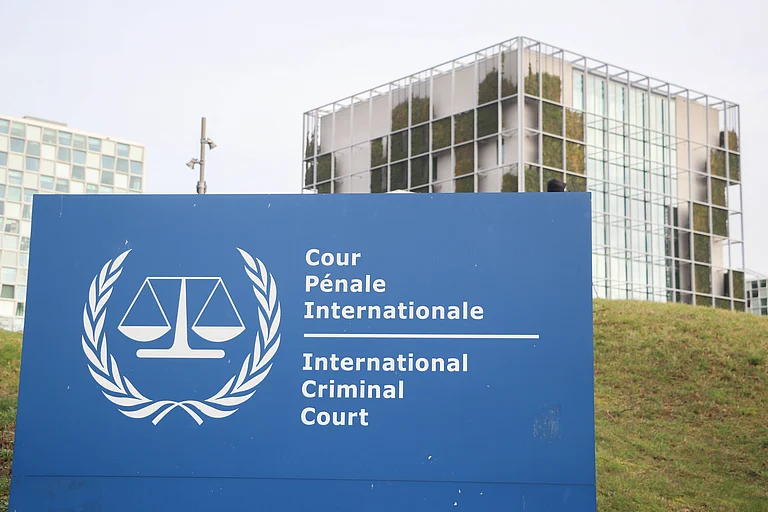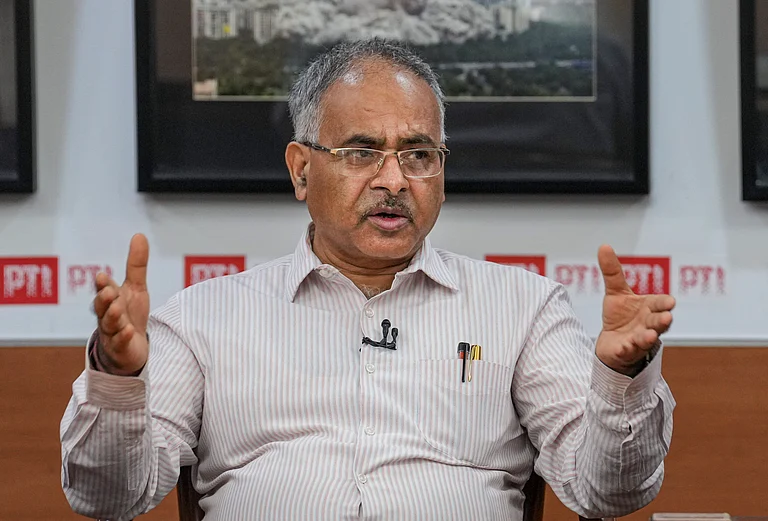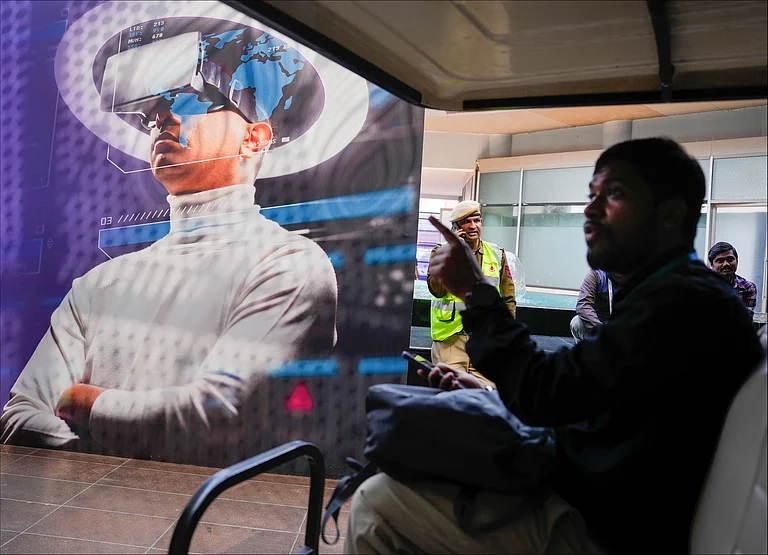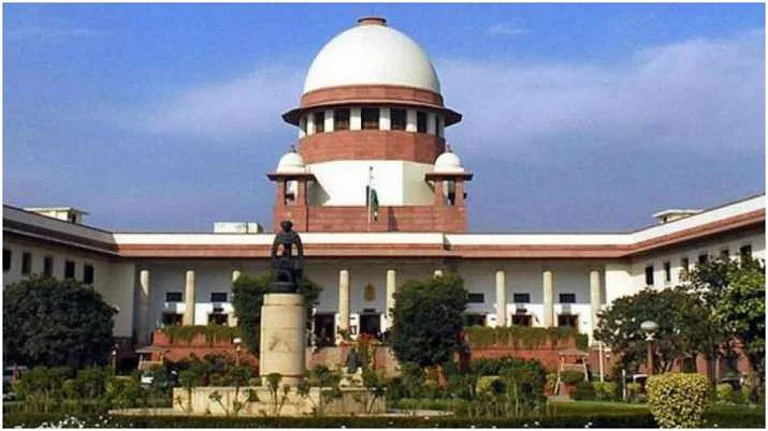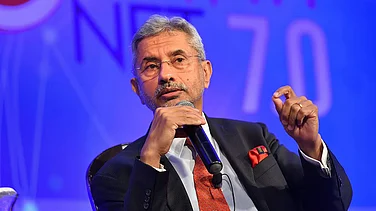
Summary of this article
1: The Supreme Court said that the Enforcement Directorate can’t act like a crook.
2: Judges and ED representatives expressed frustration over procedural delays and challenges posed by cryptocurrency and offshore havens, with ED defending its methods while citing significant recoveries of ₹23,000 crore.
The Supreme Court Thursday said that the Enforcement Directorate “can’t act like a crook”, even if the crooks are becoming smarter and posing challenges to investigators. “You have to act within the four corners of the law”.
“There is a difference between law enforcing and law violating…,” Justice Ujjal Bhuyan told Additional Solicitor General S V Raju, who appeared for the ED. The bench was presided by Justice Surya Kant, also comprising Justice N K Singh.
The bench was hearing review petitions against the 2022 judgment in the Vijay Madanlal Choudhary case. Back then, the SC had upheld the agency’s powers under the Prevention of Money Laundering Act.
“I had observed in one court proceedings and it has come true in the statement made by the minister in the floor of the Parliament, you have registered about 5,000- plus ECIRs, conviction is less than 10% from 2015 to 2025. Therefore we are insisting that you improve your investigation, improve your witnesses,” The Indian Express quoted Justice Bhuyan.
“… If at the end of 5-6 years, they are put into custody, and end up in acquittal, who will pay…? …We are also equally concerned for the image of ED,” he said.
“Wherever there are influential accused… a battery of lawyers will go on filing one application after the other…the Investigating Officer has to run around in courts…The problem is they don’t allow the trial to commence,” Raju said.
He continued to say that “everybody is concerned” about the ED’s image, adding, “there’s no acquittal”.
Resounding the concerns of ED, Justice Kant said, “I have got details of one case where 47 applications (were filed) and the magistrate has disposed of those applications with every order running into 10-15 pages. And he said ‘I have time for no other work left’. One application I hear for two days, by the time I pass an order, another comes.”
“Somebody will have to hit them very hard. That’s the only way,” he added.
Raju stated: “The situation has changed. Crooks have become very smart… tech savvy. So it will be very hazardous if we are required to give them (material) which would disclose our investigation at a very nascent stage. Of course at the time of complaint, we will give them everything, we are bound to give them everything.”
“Suppose you arrest a person and the main persons are in the British Virgin Islands or Cayman Islands, you can’t touch them. The investigation gets delayed, you can’t get material… what do we do? We are handicapped. An investigator is no match for a crook with a lot of wherewithal,” The Indian Express quoted him saying.
Justice Kant said, “crypto currency is going to pose a big challenge before you.” To a specific query about regulating crypto currency, Raju said, “They are trying to but sometimes it’s very difficult… When we regulate, crooks always find a way out.”
While making submissions in a separate matter before a bench led by Chief Justice B R Gavai, Solicitor General Tushar Mehta, representing ED, stated that the agency had recovered nearly ₹23,000 crore of laundered money so far and returned it to the victims of financial crimes.
In response, the CJI asked, “What is the conviction rate?” The SG acknowledged that conviction rates remain low, not just in ED cases but across penal offences, attributing it to the broader issues affecting the country’s criminal justice system.
The CJI observed, “Even if they are not convicted you have been successful in sentencing them almost without a trial for years together.”
To this, the SG replied, “In some of the cases where the politicians were raided, where the cash was found, our (cash counting) machines stopped functioning because of the huge cash… we had to bring new machines.” He added that “some narratives are being built on YouTube programmes when some big politicians are caught.”
The CJI remarked, “We do not decide matters on narratives… I don’t see news channels. I see headlines in newspapers only in the morning for 10-15 minutes,” The Indian Express reported.



